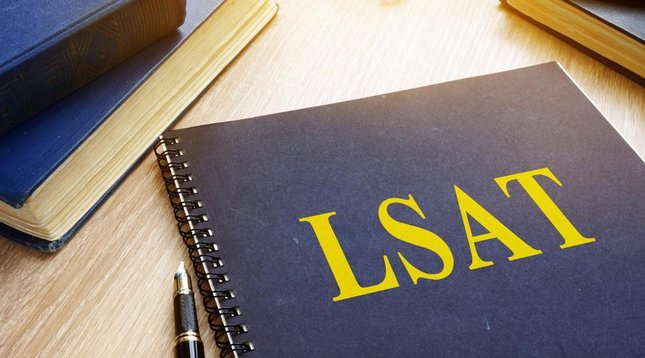
ABA Reconsiders Controversial Proposal to Eliminate LSAT Requirement for Law Schools
The American Bar Association (ABA) is retracting a controversial proposal to allow law schools to become entirely test-optional by 2025. Joseph West, the chair of the ABA's Council of the Section of Legal Education and Admissions to the Bar, announced during a council meeting on Friday that they would reconsider the elimination of a longstanding rule mandating the use of the Law School Admission Test or other standardized tests for student admissions. This decision marks a departure from the council's previous stance after voting to remove the rule in November.
Although the council has maintained that removing the testing requirement would provide law schools with greater flexibility and encourage innovation in admissions, they also aim to address the concerns expressed by law school deans and other stakeholders. William Adams, the ABA's managing director of accreditation and legal education, stated that the council wishes to be attentive and responsive to these concerns. The pause in the process will allow the board to evaluate the raised issues thoroughly.
The LSAT rule has been a topic of intense debate for several years, but the recent movement to abolish it gained momentum in early 2022. This proposal has generated a divide within the legal community, as opponents and supporters focus on its impact on law student diversity and consumer protection.
Supporters of the LSAT emphasize the potential drawbacks of eliminating the rule, warning that admissions offices would become more reliant on subjective criteria, such as an applicant's college reputation. They argue that this shift could disproportionately disadvantage minority applicants.
On the other hand, proponents of removing the test requirement argue that the LSAT is a flawed metric and a barrier for aspiring minority lawyers, as they tend to score lower on average compared to white test-takers. A 2019 study revealed that the average score for Black LSAT takers was 142, compared to 153 for white and Asian test takers.
The current rule mandates that law schools utilize a "valid and reliable" test for admissions, with the LSAT and GRE being acceptable options. If a school chooses to use a different standardized exam, it must demonstrate its ability to predict law school performance. However, schools can admit a maximum of 10% of their class without requiring a standardized test score.
Recently, 125 law deans presented their proposal to the council. Their suggestion entails allowing schools to admit up to 25% of new students without a standardized test score. Additionally, they propose evaluating the impact of this change within six years of implementation to ensure no unintended consequences.
Kellye Testy, the president of the Law School Admission Council, which is responsible for administering the LSAT, expressed satisfaction with the council's decision to explore alternative methods of expanding access to law schools beyond eliminating the LSAT rule.



